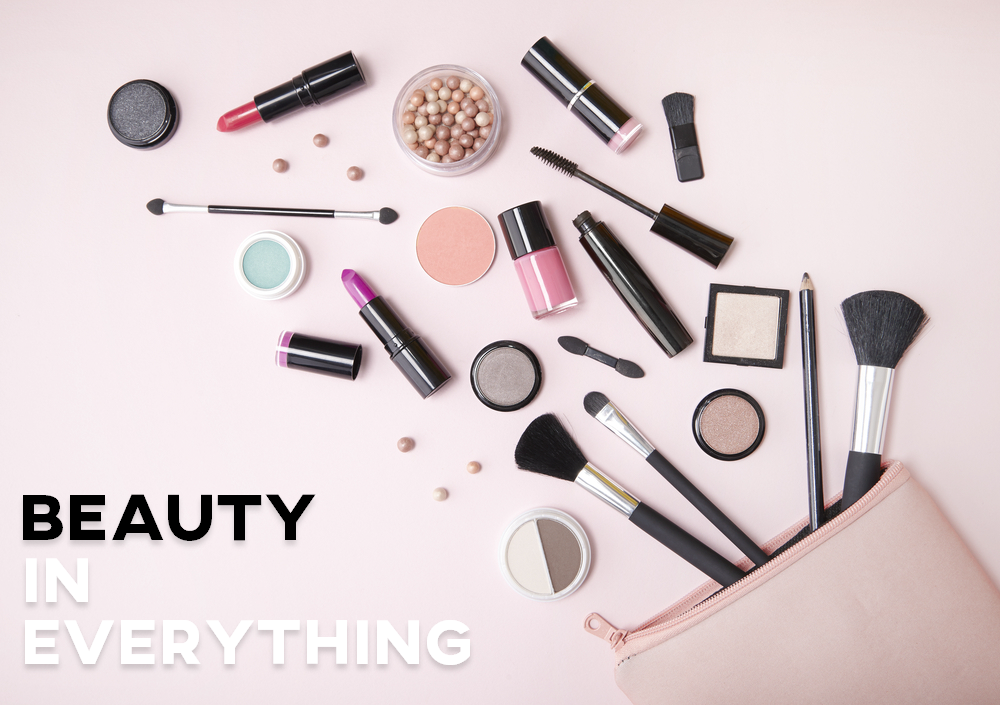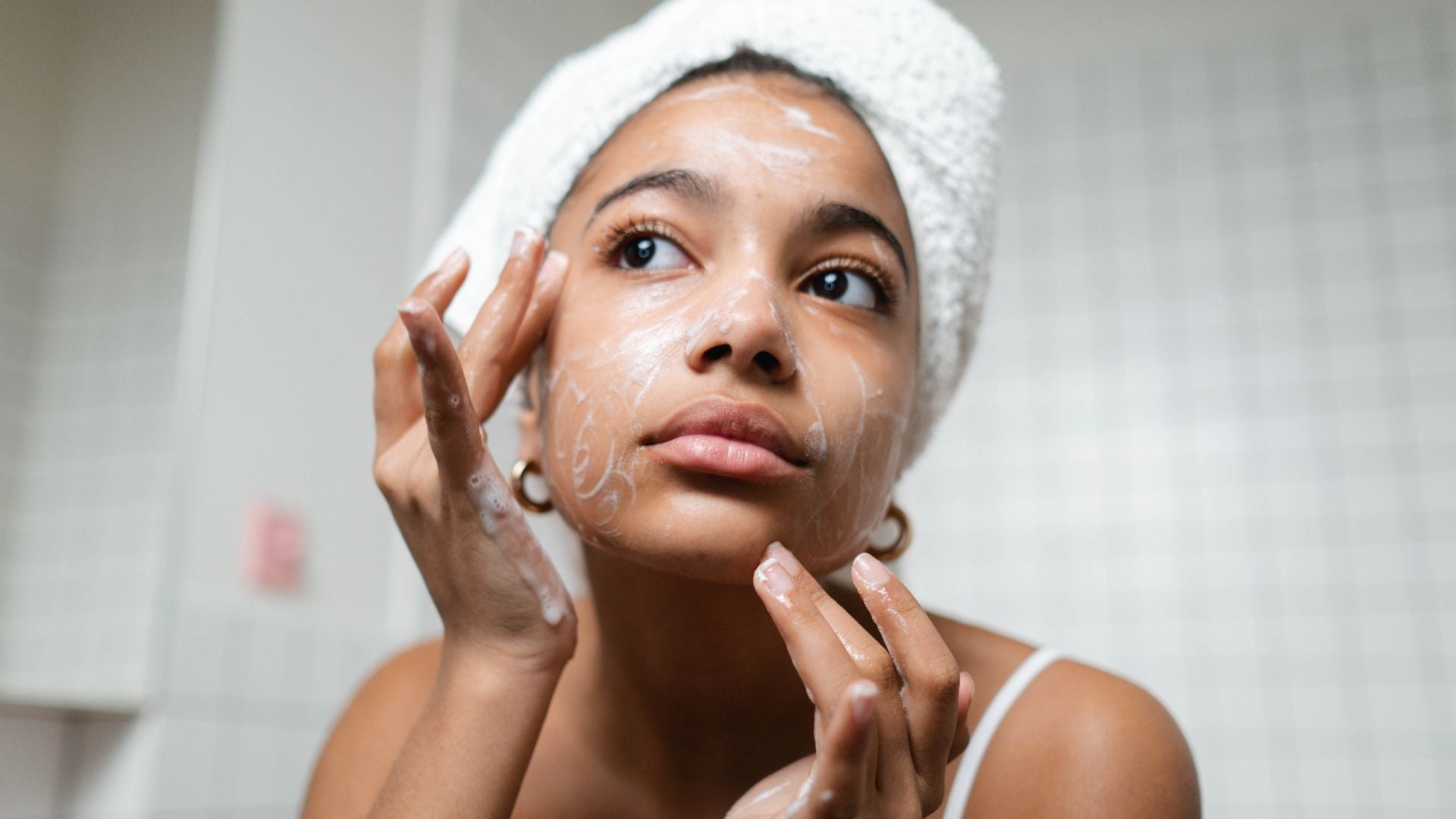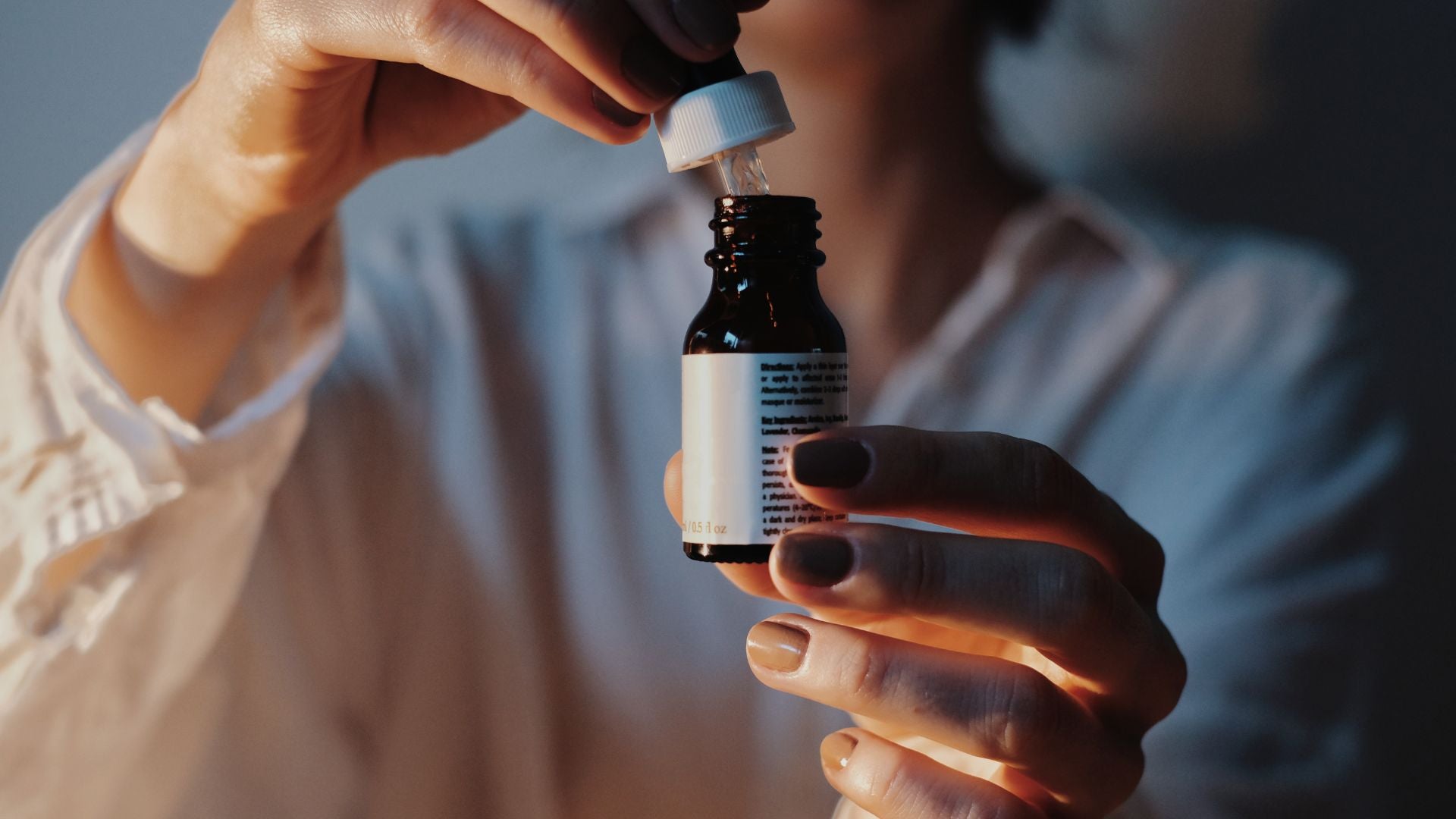
Chemical vs Physical exfoliation: Which is better for you?
We finally get to answer the old age question in this post: to scrub or not to scrub. Before we get there though, let’s talk a little about what step scrubbing falls under…. exfoliation. Exfoliating is an essential step in all skin routines. It’s not only crucial to prevent breakouts by removing dead cells that build up on the surface of the skin, but it also helps to maintain a smooth complexion. It has also been effective in minimizing the appearance of enlarged pores by getting rid of the built-up dead skin cells on the skin’s surface. While we agree that it’s a beneficial step in your routine, figuring out the right method to use between physical and chemical exfoliation is important. So let’s break it down:
Physical exfoliation
Physical exfoliation involves using tools or products gritty in nature to physically slough away the dead skin cells on the outer surface of the skin. These can be sponges, brushes, or scrubs to do the job. Oily skin and non-sensitive skin types can benefit from these types of mechanical exfoliation, as they can withstand more abrasive cleansing.
Pros
These tools and products are widely available and are relatively easy to use. They’re convenient to use at home and temporarily minimize the appearance of large pores. They are especially effective for getting rid of blackheads.
Cons
Depending on how you use them and how frequently you use them, they may not always be the gentlest way to exfoliate. Excessive abrasion can result in irritated skin. For those with sensitive skin, opt for gentle, fine-grained cleansers. When choosing a granular scrub, try to avoid any products with nutshells or fruit pits that can irritate the skin. Dermatologists recommend the use of exfoliants 1-2 times a week at most to avoid the risk of over-exfoliation.
Here are some of our favorite picks:



Chemical exfoliation
Chemical exfoliation works by loosening the bonds between cells with acids or enzymes. The acids work by breaking down the sugars in the skin, which then causes the cells of the epidermis to loosen and slough off. They do this while potentially normalizing skin cell turnover and stimulating the growth of normal, healthy skin. The two main classifications of chemical exfoliants are AHA, or alpha-hydroxy acids, and BHA, beta-hydroxy acids. The two most popular AHAs are glycolic acid and lactic acid while BHA usually refers specifically to salicylic acid. There are also enzymatic peels in this category as well.
Pros
Because chemical exfoliants do not involve scrubbing ad rubbing the skin, they are generally safer and potentially more gentle than physical exfoliants. AHAs and BHAs have the ability to penetrate the skin for a deeper exfoliation, which makes them particularly effective. Enzymatic exfoliators are also effective, but they are not as strong as hydroxy acids, so they’re better for sensitive skin.
Cons
There is a risk of over-exfoliation if done too frequently. Also, AHAs and BHAs can be irritating to damaged or sensitive skin types as they penetrate deeper into the layers of the skin.
That said, they are an amazing addition to your skincare routine and they are an absolute need for that ever-elusive glow. Here are some of our favorite picks for the best chemical exfoliants.








Leave a comment
This site is protected by reCAPTCHA and the Google Privacy Policy and Terms of Service apply.